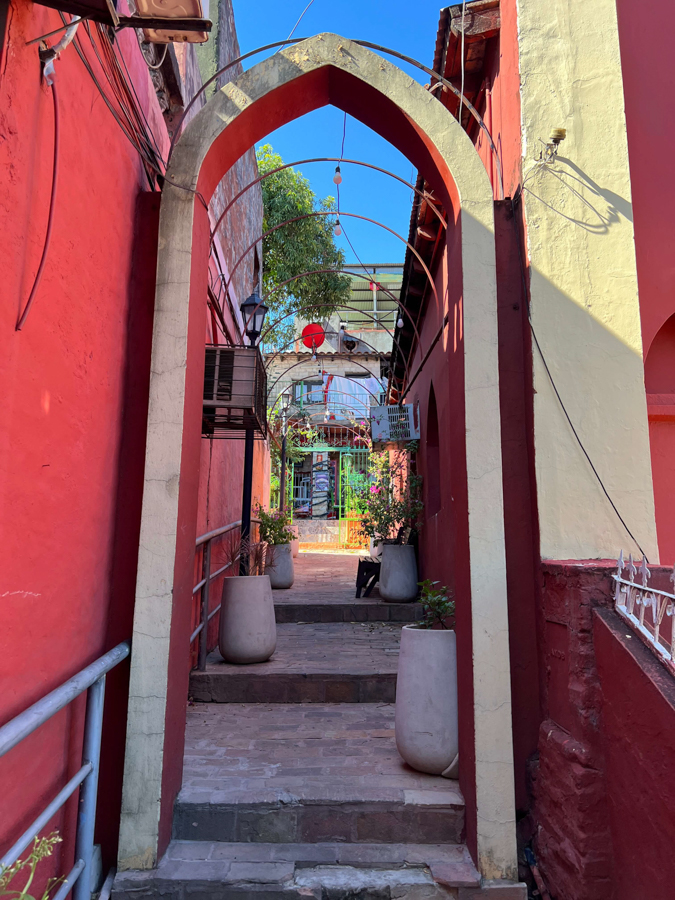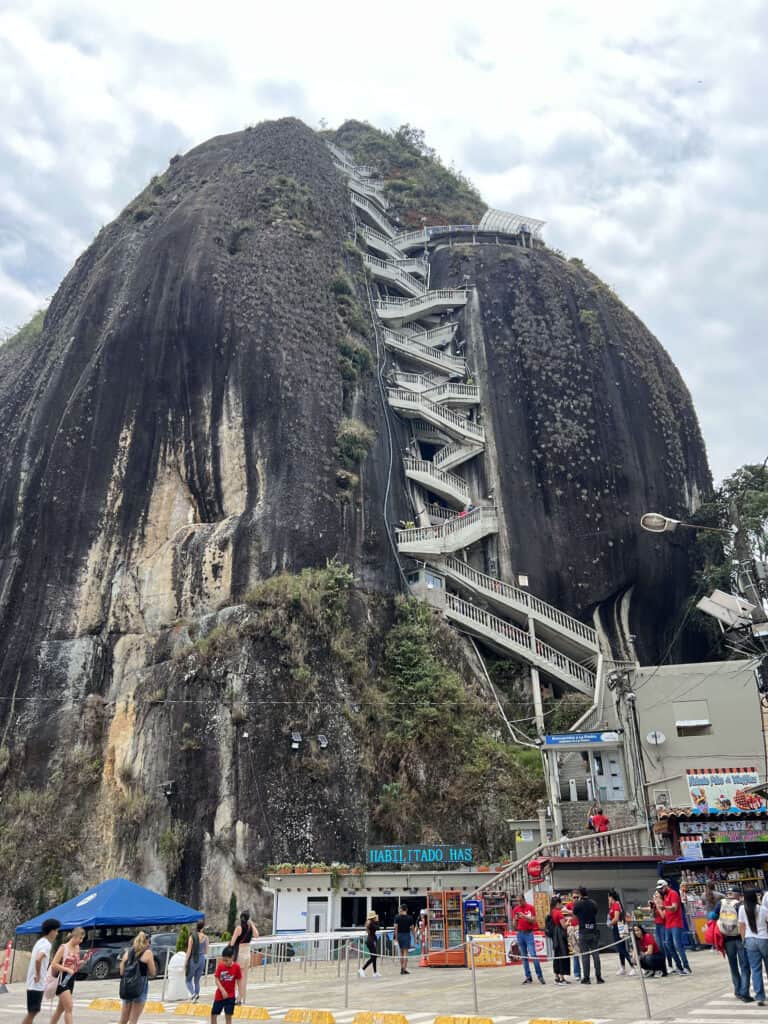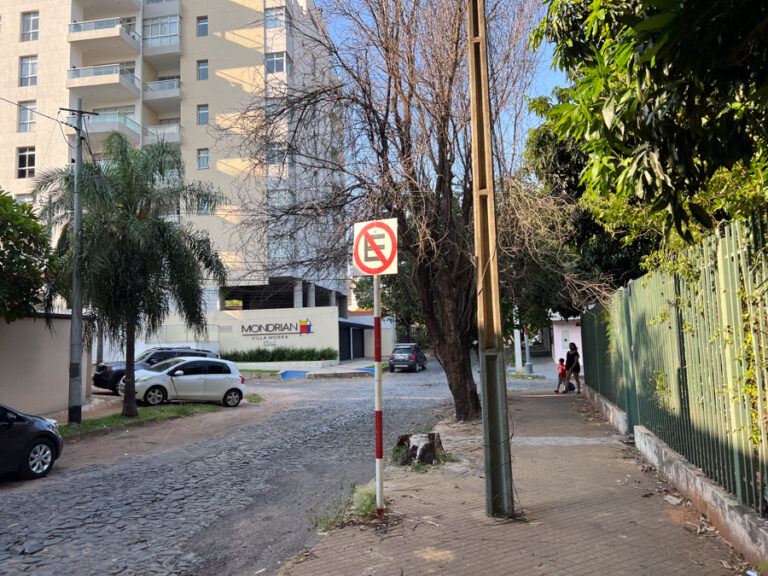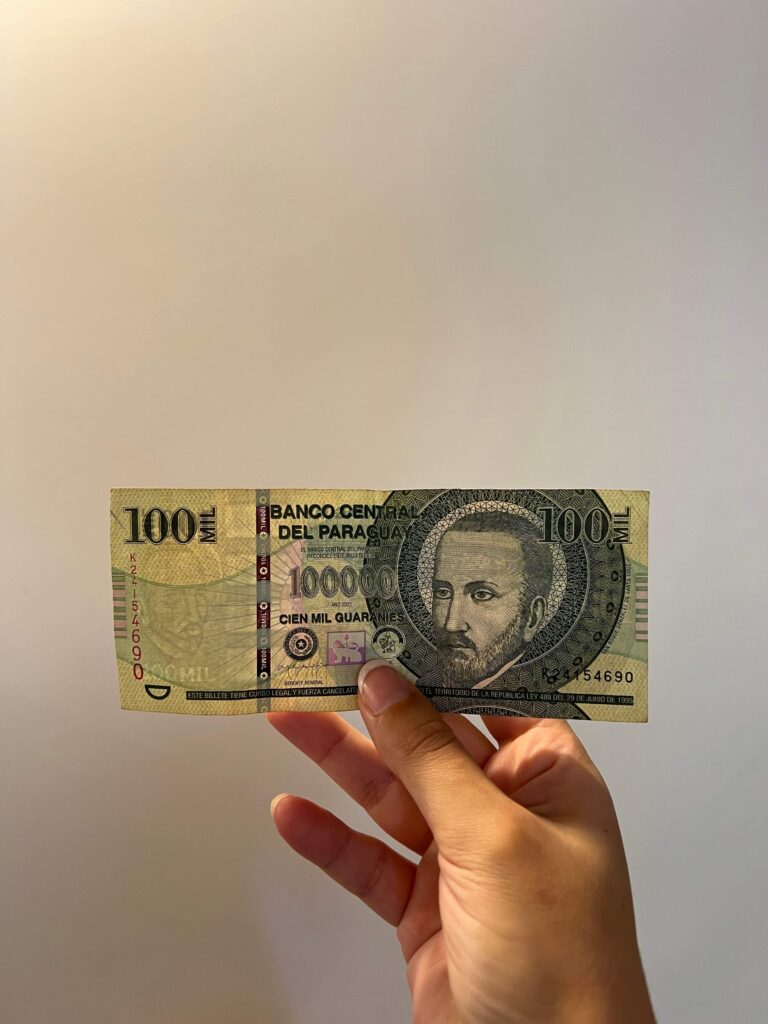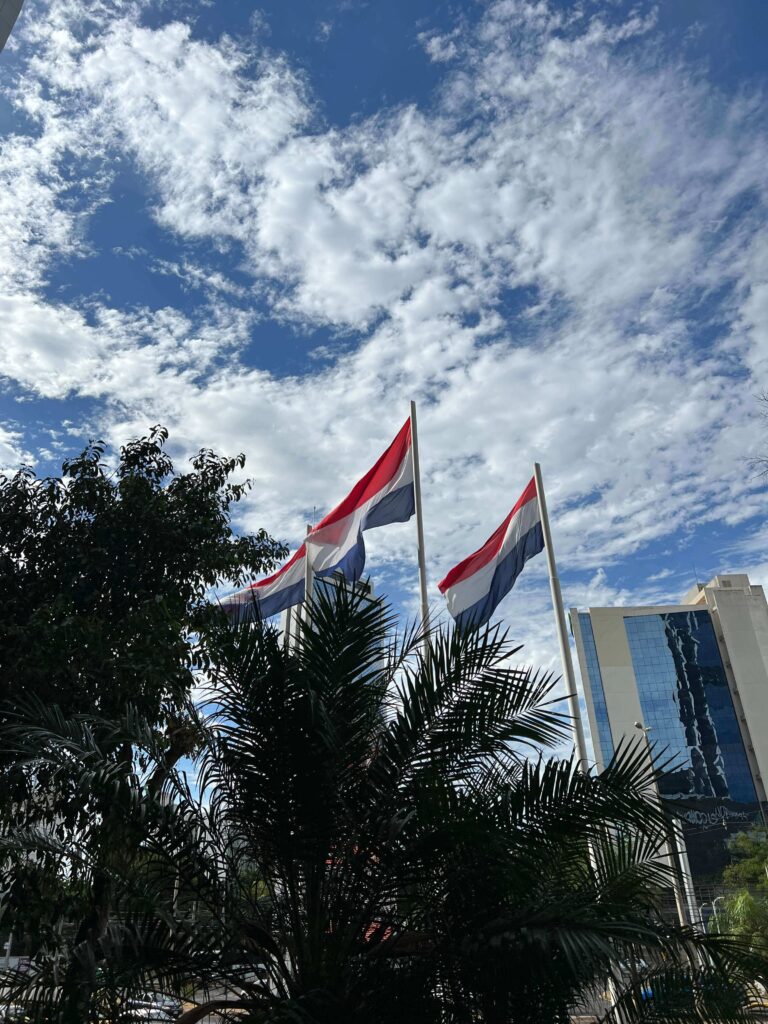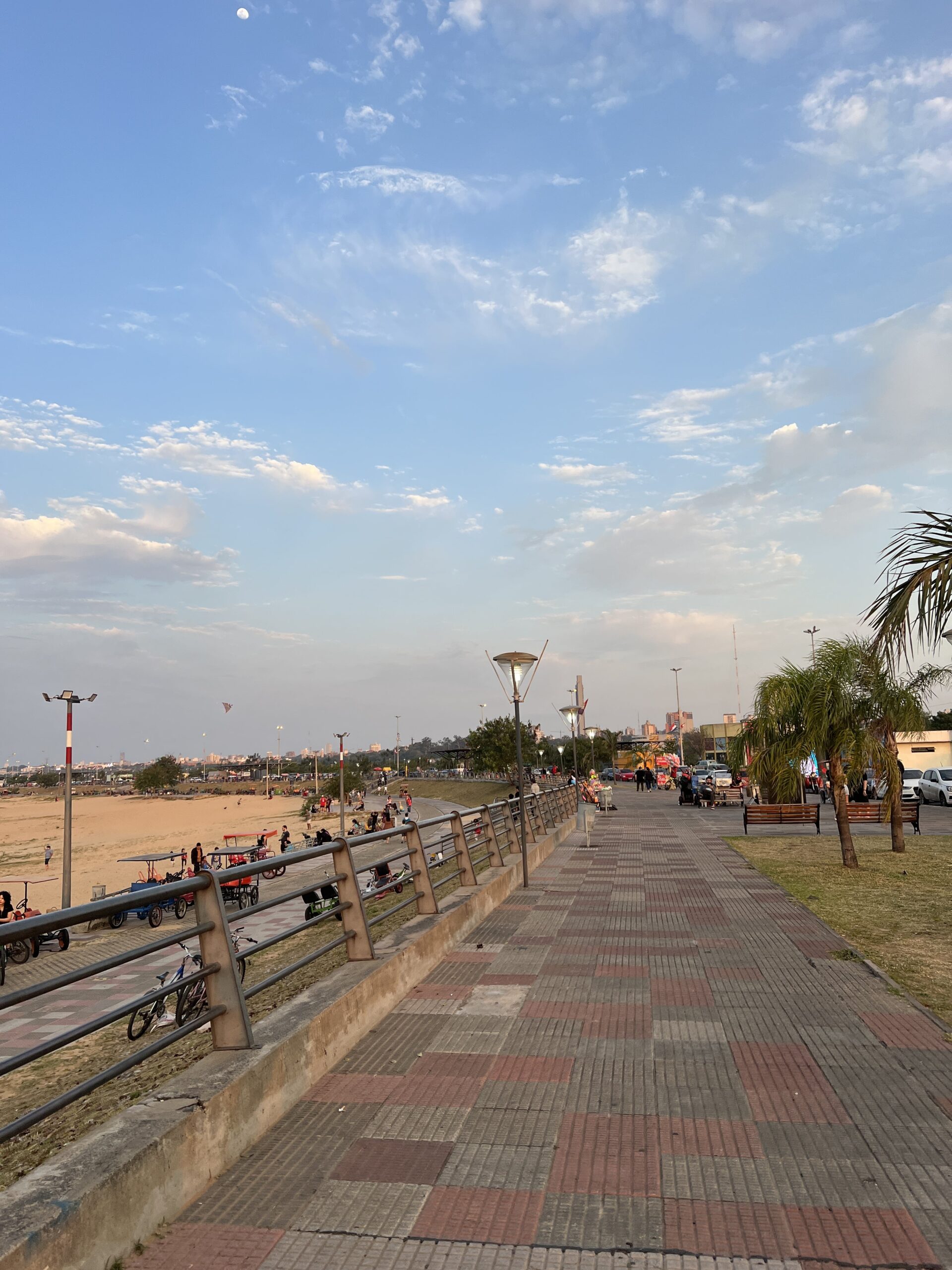Best Credit Cards and Fintech Banks for Digital Nomads
If you’re planning to live or travel in Latin America — or anywhere as a digital nomad — your financial setup can either set you free or screw you over.
I’ve been living in Latin America for over four years now — through Paraguay, Uruguay, Argentina, and a few other stops along the way. I run my business online, get paid in USD, and manage my entire financial life through the U.S. banking system — even though I’m not a U.S. citizen.
But it didn’t start out that way.
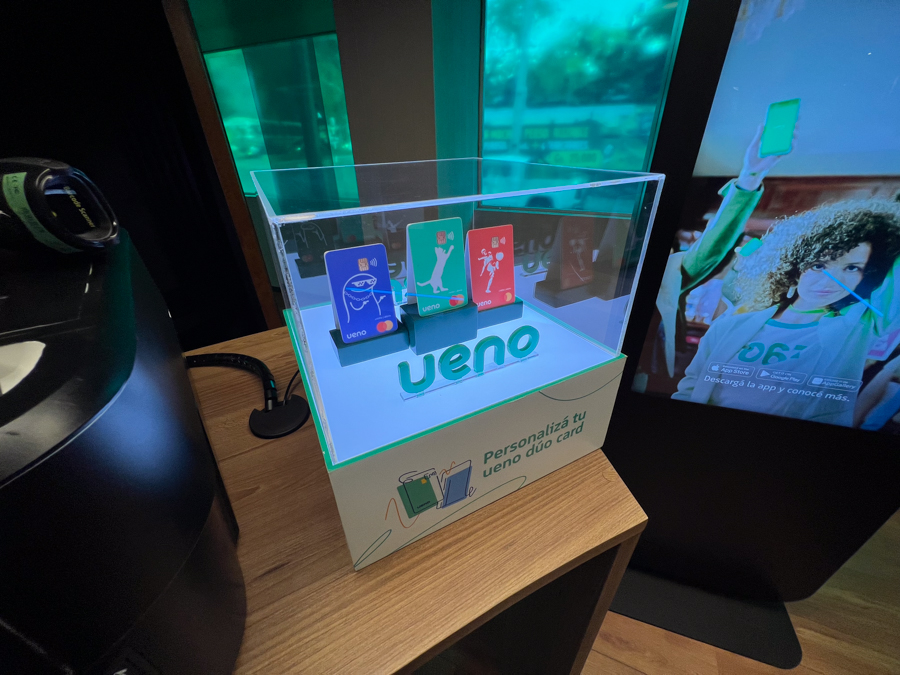
When I first moved abroad, I had no clue how to bank like a nomad. I tried local banks that locked me out, prepaid cards that racked up fees, and credit cards that did nothing for me — until one snapped mid-trip and left me stuck paying for everything in cash for weeks.
That’s when I realized: if I was going to live a global life, I needed global tools. Tools that were flexible, rewards-earning, and built for remote living. I need to find the best credit cards and fintech banks for digital nomads that were available – so thats what I did.
This guide is the one I wish I had back then.
Inside, I’ll show you:
- How to get a U.S. bank account from anywhere in the world
- Which fintech banks actually work for digital nomads
- Two beginner-friendly credit cards that earn travel points fast — even if you’re not a U.S. resident
Why Digital Nomads Need a Flexible Banking + Credit System
Here’s the tea: traditional banking systems weren’t built for travelers.
Especially not in South America — where opening a bank account can mean piles of paperwork, in-person appointments, and rules that make no sense for someone on the move.
I still remember trying to open an account in Paraguay with my cedula and legal residency — and getting rejected because I didn’t have “enough financial history in the country.”
And I’m not alone.
Most of my clients (and general digital nomads and travellers) face the exact same issues when they have left their home country of residency:
- No access to local banking without a long-term contract or utility bill
- Getting paid in one currency, while needing to spend or transfer in another
- Unsure of the best credit cards and fintech banks for digital nomads and long-term expats
- Losing money to foreign transaction fees, ATM withdrawal fees, or bad exchange rates
That’s why the solution is not another local bank.
It’s a hybrid system:
🔹 A U.S. bank account that works globally
🔹 A couple of fintech tools for sending and receiving money
🔹 And a starter credit card that helps build your credit and earns rewards while you travel
The best part? You can set this up without being a U.S. citizen, without visiting a branch, and without spending months figuring it out — because I already did that for you.
Keep reading, and I’ll walk you through the exact banks and credit cards I use — plus how to apply with just an ITIN and a U.S.-based address.
Fintech Banks I Actually Use (And Recommend)
There are a lot of fintech banks out there—and really, most reviews online just list every platform under the sun without ever using them.
So here’s what I actually use in my day-to-day life as someone who lives outside of the US full time (and I am a non- US citizen and resident) while running my international business.
These are the fintech banks that have made managing money across borders way easier:
Wise
This is my go-to for both personal and business banking. I use Wise for currency transfers, paying international contractors, and even receiving client payments in USD, EUR, or GBP. The ability to get local banking details in multiple currencies is a game changer.
If you want one account that works almost anywhere, Wise is it. Just be careful to not send funds to accounts on their restricted list.
Wise also will likely ask you for your US LLC US-based address if you have a business account with them. This cannot be a CRMA address as they wont accept that. I talk more about my solution for this below.
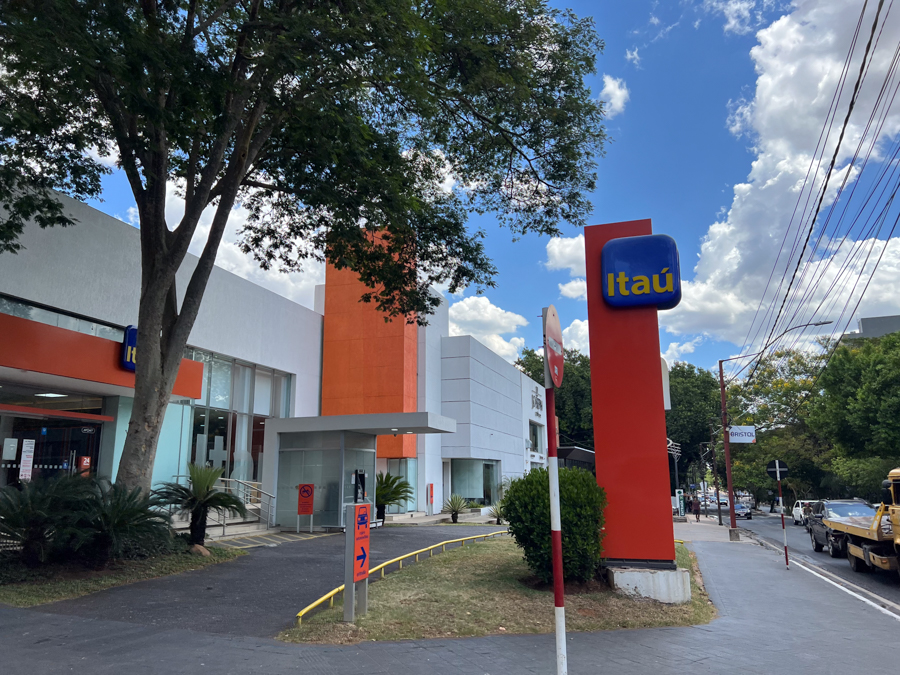
Airtm
If you’re working with crypto at all, Airtm is my pick. I use it to off-ramp USDT and other crypto into fiat. It works smoothly, especially for Latin America, and I’ve never had an issue cashing out when I need to.
GrabrFi
This one’s more niche, but it’s great for people who’ve moved out of the “Western” banking system. GrabrFi works really well if you have Paraguayan or other South American residency. It’s a newer player, but the app is easy to use and I’ve had good support when needed.
Relay
Relay is a top recommendation for business owners. If you’re running an LLC, this is one of the easiest banks to manage expenses and team permissions. You get virtual cards, spending limits, and great reporting all in one dashboard. I use it for one of my businesses, and it’s worked seamlessly.
Mercury
For newer LLCs, Mercury is an excellent starting point. Their onboarding is clean, it integrates with Stripe, and they allow you to open a US business bank account without visiting a branch. You can even generate multiple virtual cards and manage it all from your laptop or phone.
These fintech platforms are all remote-friendly, don’t require US residency, and they’re 10x easier to work with than traditional banks in countries here like Paraguay or Argentina.
How to Get Started with Credit Cards as a Non-Resident
The above is great… but getting into the US credit system is the real unlock—because there’s nothing else in the world that offers the same level of points, miles, and cashback rewards as the US. Canada and Europe don’t even come close.
But here’s the part most people get stuck on: you can’t build credit without a bank account, and you can’t really use a credit card if you don’t have a way to pay it off. That’s why I always recommend starting with a US-based bank account, which I cover step-by-step in my US Banking Essentials course.
In the course, I walk you through:
- How to open your first US bank account (even as a non-resident)
- What to bring when visiting a branch
- Which banks are easiest to work with
- How to make sure your account doesn’t get flagged or frozen
There’s no 1-on-1 advisor included, and I don’t connect you with branch managers. But what you do get is everything you need to go into a branch fully prepared, confident, and ready to get it done right the first time.
Once you have your bank account opened and your ITIN is officially in the US system, here are two beginner-friendly credit cards I recommend:
- Capital One Quicksilver – This is a great starter card with basic cashback and easy approval odds. If you’re just getting started, this one is a solid first step.
- American Express Hilton Honors – Perfect for travelers. You’ll earn points right away and it’s also easy to manage through the Amex app.
To apply for either of these cards, you’ll need a US-based mailing address. If you don’t have one, I highly recommend using Paraguay Postal—it’s a service many of our clients use for both US and Paraguay addresses. You’ll get a dedicated address that works for receiving mail and setting up your LLC or personal credit profile.
Both these card options above have no fees, making them the perfect card option to get started with (and you will likely be approved for these no fee cards over the most bougie card right off the bat), but you still have the ability to move up the credit ladder with these companies in time.
Once you’ve used your first card for about six months and made on-time payments, you can typically request a credit limit increase, which helps boost your score faster. From there, you’ll be able to move into higher-tier cards with Chase, Citi, and Amex.
🌍 My Top Credit & Fintech Recommendations
Top Personal Credit Card – Perfect for expats and nomads, even if you don’t have a U.S. credit score.
Best Business Credit Card for LLCs – A great starter card with easy approval and a generous sign-up bonus.
Top No-Fee International Bank Account – Open a global-friendly account with no monthly fees.
Best U.S. Fintech Business Bank Account – Access a U.S. business account and debit card, all online.
Top USD Account for Latin America-Based Nomads – A USD fintech solution that works seamlessly across LatAm.
Best Investment Platform for LatAm Residents – Start investing from almost any country with a remote-friendly setup.
The Role of the ITIN for Building US Credit
If you’re not American and you want to get into the US credit system, you’re going to hear the word ITIN thrown around a lot. It stands for Individual Taxpayer Identification Number, and it’s basically a stand-in for a Social Security Number for people who aren’t eligible to get one.
When I started working with clients who wanted to open US bank accounts and apply for credit cards, the ITIN was the number one thing holding people back.
The good news is—you can absolutely get one. You don’t need to live in the US, and you don’t need to have a visa or green card. You just need to apply correctly and know how to position yourself for approval.
We help clients get their ITIN in about 3 months, which is fast compared to most routes. Once you have it, you can use it to:
- Apply for personal credit cards
- Set up banking relationships with US banks
- Start building a real credit profile
This is a big part of the process I walk you through in the US Banking Essentials course. It’s designed for non-residents—people just like me, and probably you—who want access to better tools and better financial options.
If you’re trying to get started with US credit but hitting roadblocks, getting your ITIN is usually the key to unlocking everything.
🌎 Ready to Go Global?
Explore smart strategies for residency, banking, and diversification in Latin America and beyond:
- ✅ Book a Strategy Consult – Get personalized guidance tailored to your global lifestyle.
- 🇵🇾 Paraguay Residency Essentials Program – Fast-track your second residency with low taxes and no minimum stay.
- 🇺🇾 Uruguay Residency Essentials Program – Discover this stable, scenic option for long-term relocation.
- 💳 U.S. Banking for Non-Residents – Open U.S. accounts and access credit even if you don’t live in the States.
🌐 For sovereign individuals and digital nomads building a borderless life.
My Strategy (and What Many Nomads Do)
After living in Latin America for over four years, including full-time in Paraguay, I can say one thing with confidence: local banking here is not ideal. Whether it’s the fees, the paperwork, or just the fact that most banks aren’t built for online entrepreneurs—the systems are outdated.
That’s why I, like many global citizens and digital nomads, use a US-based setup even though I don’t live in the US. It works for me personally and for my businesses. You don’t have to live there. You don’t even need to visit, depending on the fintech you choose.
Here’s what my setup looks like:
- Mercury for my LLC business account. It’s fast, clean, and gives me full control over my banking no matter where I’m living.
- Relay as another business bank—this one has more features for teams and multiple virtual cards.
- Wise for currency conversion and sending payments. It works great for both personal and business use, especially when I’m moving money across borders.
- Paraguay Postal for my US address—essential for receiving mail and applying for cards, and of course the most important part of all of this – having a US address!
- And of course, I built my process into a course—US Banking Essentials—for anyone who wants to do exactly what I did.
Whether you’re full-time on the road or settled somewhere like Paraguay, the country where you live might not have strong banking.
Most of Latin America doesn’t.
That’s why so many of us lean on fintech tools, US banking, and credit cards that actually offer rewards and flexibility.
You don’t need to be rich. You don’t need to be a US citizen. You just need the right structure in place—and the patience to follow through on the steps.
Extra Tools I Use
There are a few extra platforms I use as the best credit cards and fintech banks for digital nomads to make my setup work from anywhere, and depending on your lifestyle, these might be worth adding to your system too.
Google Voice
Google Voice is a popular option for getting a US-based phone number, but it’s only available to people who already have a US phone number to begin with—and even then, it can get pricey.
If you’re not a US citizen or don’t already have access, it’s not the most practical solution. That’s why I put together a full post on the best voice-based apps to get a phone number you can keep long-term, no matter where you’re living.
Payoneer
Payoneer is a great option if you’re running a global business and need to get paid by international clients. You’ll need to have an LLC (or similar business structure), and it works especially well if you’re operating across the US and Europe.
N26
N26 is an EU-based fintech bank. If you have residency or citizenship in Europe, this is one of the easiest online banks to work with. The app is sleek, easy to use, and they offer IBANs and SEPA transfers that are perfect for euro-based income and expenses. You do need to be in the EU to get started, but it’s great if that’s part of your setup.
Paraguay Postal
I can’t say enough good things about Paraguay Postal. This is my go-to solution for both my US mailing address and my Paraguayan address, especially when I’m not physically in the country.
They offer a reliable virtual mailbox, which is perfect for receiving bank correspondence, business mail, and even packages. If you’re applying for US bank accounts or credit cards, you’ll need a US-based mailing address, and this is one of the most seamless and affordable options out there.
Here’s Your Next Step to the Best Credit Cards and Fintech Banks for Digital Nomads
Check out the tools I use and recommend below:
- 🌍 US Banking Essentials Course – Step-by-step guide to getting started with US banking + credit as a non-resident
- 💳 Capital One Quicksilver – Best starter credit card for cashback
- ✈️ Amex Hilton Honors – Great for travel points
- 🏦 Wise – My favorite for personal and business multi-currency accounts
- 🧾 Mercury – Best LLC bank for startups and freelancers
- 💼 Relay – Clean, modern business banking with virtual cards
- 🇪🇺 N26 – Great EU-based online bank for eurozone residents
- 📫 Paraguay Postal – Your virtual mailbox for US and Paraguay addresses
You don’t have to figure all of this out on your own. I’ve already done it—and I’ve created the exact roadmap to help you do the same.
If you aren’t sure where to start with heading to the US and getting your bank account journey underway in person, or if you have a ton of questions that pop up about this process and you are unsure where to go to get the proper support, we got you.
Our US Banking Essentials course is designed specifically for non-US residents and non-citizens looking to get into the US bank system… like me! If you have questions about the course reply in the comment below and I will be sure to answer you there.
If you are looking to travel but arent quite ready to take the leap into banking abroad, I have been travelling in South America for the past four years. This continent has so much to offer, from amazing views, cultural experiences, and a high-quality lifestyle. I am currently living and travelling throughout Paraguay, which is also an excellent country to obtain residency. Click here to learn more about South America as a travel destination, or Paraguay specifically.
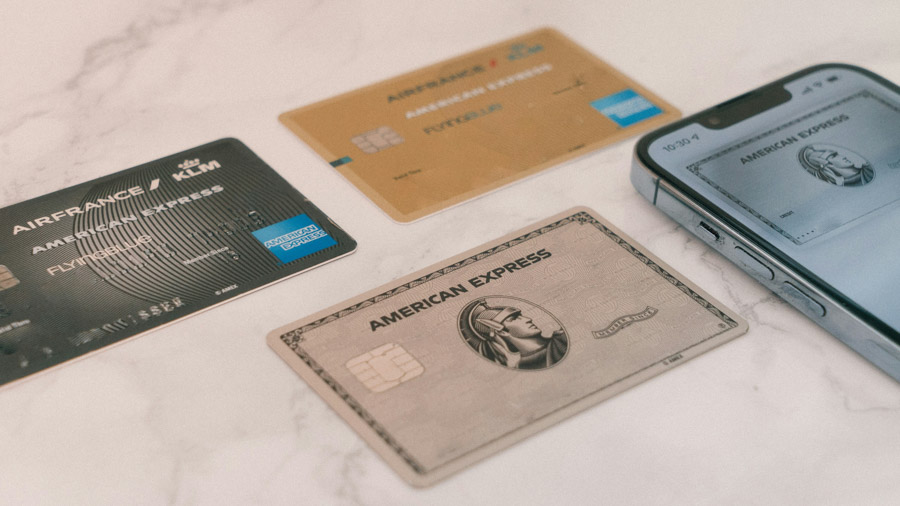
FAQ – Best Credit Cards and Fintech Banks for Digital Nomads
Yes, you can—but you’ll need to set things up properly. That includes having a US-based bank account, a valid US mailing address (I use Paraguay Postal), and ideally an ITIN.
Once you have those in place, you can apply for beginner cards like the Capital One Quicksilver or Amex Hilton Honors to start building your credit.
Start small. First, get your ITIN (we help clients do this in about 3 months), then open a US bank account using a platform like Mercury or Relay. From there, apply for an entry-level credit card. Make consistent payments for 6–12 months, and you’ll start building a strong credit history.
In my experience, the best fintech banks for digital nomads are:
Wise – for international transfers and currency accounts
Mercury – for US-based LLCs and clean, remote-friendly banking
Relay – great for managing teams and virtual spending cards
GrabrFi – helpful for expats in South America
Airtm – ideal for crypto off-ramps
Not necessarily. Many fintech platforms (like Wise, Relay, and Mercury) allow you to open accounts completely online. If you do want to open a traditional account at a brick-and-mortar bank, you’ll typically need to visit a US branch. My US Banking Essentials course explains exactly how to prep for that process and make sure you’re approved.
Because they’re usually slow, outdated, and require too much paperwork. In places like Paraguay, even having full residency doesn’t mean you’ll easily open a local account. That’s why I (and most nomads I know) rely on the best credit cards and fintech banks for digital nomads—tools that actually work online, in multiple currencies, and across borders.
Safety, Cost of Living, and Practical Travel Tips in Paraguay
- 🚨 Is Paraguay Safe? – What you need to know before moving or traveling.
- 💰 Is Paraguay Expensive? – Real talk about the cost of living.
- 💵 The Currency of Paraguay – How to handle your money wisely.
- 🏨 Best Hotels in Asunción – Top places to stay across all budgets.
- 📅 Best Time to Visit Paraguay – Plan your travels with the best weather in mind.
- 🏥 Healthcare in Paraguay – A look at medical services and health insurance options.
- 🧳 Two-Week Paraguay Itinerary – Explore the country in just 14 days with this plan.
- 🌳 Nu Guazu Park Asunción – Relax outdoors at this massive green park in the city.

